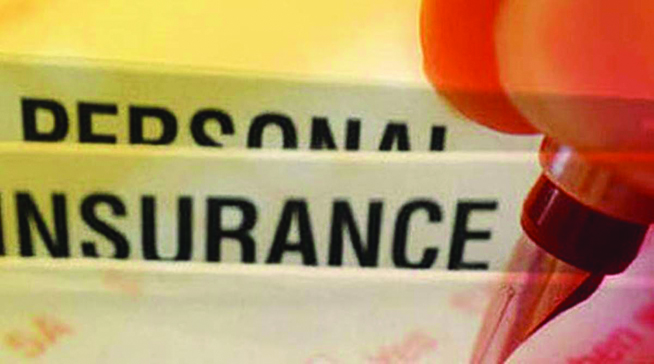The Committee on Standalone Micro-insurance Company set up by IRDAI has recommended that entry-level capital requirement for standalone Micro-insurance companies (SAMIs) should be reduced to Rs 20 crore from the current level of Rs 100 crore, in order to provide insurance protection to around 500 million people in the low-income group.
“The minimum capital requirement of Rs 100 crore stipulated under the Insurance Act has acted as the biggest impediment to the expansion of the micro-insurance market,” the committee said in its report. Large insurers have not worked on building trust with low-income clientele. This segment is particularly vulnerable to mis-selling, fraud and at times their trust has been shaken. While the market has expanded, there has been limited impact on the lives of those from low- and middle-income economic backgrounds, it added.
The micro-insurance sector has only covered 9 per cent of the overall population and 14.7 per cent of the potential micro-insurance market size in the country. “Compared to this, around 500 million people need to be covered by micro-insurance. This large gap exists as most insurers in India have been focused on the low-hanging fruit which is the more affluent and urban segment. This segment is more profitable and comparatively easier to convert into clients,” the committee said.
By implementing changes to facilitate standalone micro-insurance businesses with reduced capital requirement, more people will have the opportunity of obtaining financial protection and security, enabling them to emerge from poverty and to move towards self-reliance, the panel said in its report to theIRDAI.
The report said risk-based capital (RBC) approach should be adopted to enable the progressive growth of the micro-insurance business while maintaining the highest prudential standards. “Micro-insurance companies should be allowed to act as composite insurers to transact both life and non-life business through a single entity,” it said.
It has proposed that a cell captive model may be offered as a way for micro players to underwrite the micro-insurance business. As per this model, existing insurers and others can become cell owners by bringing in capital and share the underwriting risk with SAMIs with a capital of no more than Rs 5 crore or such contribution as may be considered appropriate, the panel said.
“The focus must be on expanding the market and that could be done by enabling entry of multiple players by reducing the capital requirements,” it said.
The Insurance Act, 1938 should be amended to bring the standalone micro-insurance business under the regulatory purview. “This will include defining micro-insurance, micro-insurers, reducing the capital requirement and/or giving powers to IRDAI to decide on capital requirements for SAMI. However, amending the Insurance Act, 1938 may require time, it said.
IRDAI should establish a Micro-insurance Development Fund to support and promote the growth of the micro-insurance business across the country, it said. “The fund could support human resource development, digital and financial literacy, IT infrastructure and product development, to mention a few,” the panel added.
The committee is of the view that the above recommendations should be implemented at the earliest in order to raise the spread and outreach of micro-insurance in India. This is especially urgent given the current Covid-19 pandemic and the insecurity it has resulted in for citizens, and especially the vulnerable working poor.
The regulator can facilitate reinsurance of micro-insurance through the existing licensed insurance or reinsurance companies. “Regulations for standalone micro-insurance must be developed with the highest prudential standards in consultation with those who are already undertaking micro-insurance as intermediaries (cooperatives, mutuals, NGOs) as well as other stake-holders,” the panel said.


